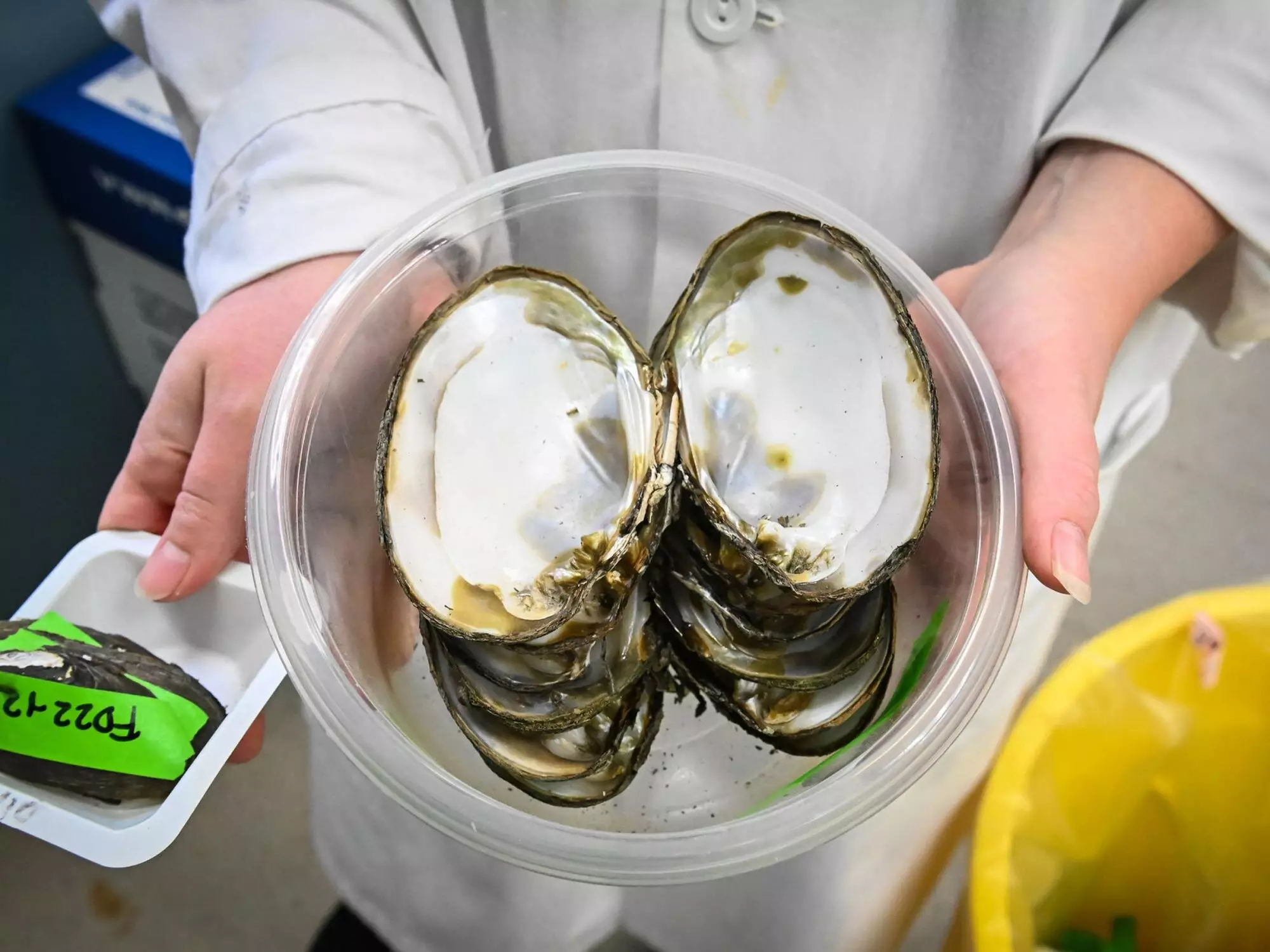Freshwater mussels, known for their long lifespans and limited mobility in streambeds, serve as biomonitors of their environment’s cleanliness. Recent research conducted by Penn State reveals the concerning impact of fracking wastewater on these bivalves, ultimately posing a threat to the ecosystem.
The study conducted by researchers from Penn State’s Department of Civil and Environmental Engineering analyzed freshwater mussels downstream of a former centralized treatment facility in Western Pennsylvania. This facility had been processing fracking wastewater from the Marcellus Shale for over two decades, leaving a lasting impact on the environment. Even after the facility ceased operations in 2019, mussels continued to show traces of radium exposure, a direct result of the wastewater from fracking activities.
The research emphasized that while treatment facilities aim to remove major contaminants such as radium before discharging water into rivers, trace amounts of these harmful substances still persist. Additionally, the discharged water from these facilities often contains high salinity levels, significantly different from the mussels’ natural habitat. This difference in chemical composition has led to the death of mussels closest to discharge sites, while those further downstream have developed a tolerance to the radioactive materials, absorbing them into their tissues and shells.
Fracking wastewater stands out due to its unique radioactive element ratios, making it distinguishable from other types of wastewater. Researchers were able to trace the radium in mussels back to the Marcellus Shale wastewater based on these specific element ratios. The exposure to radium in mussels was found to be significantly higher near discharge sites, demonstrating the lasting impact of wastewater contamination on the ecosystem.
Environmental Concerns
The study highlighted the broader implications of contamination on freshwater mussels and the ecosystem as a whole. While mussels are not consumed by humans, they serve as a food source for various animals like waterbirds, raccoons, muskrats, and otters. The contamination present in mussels can easily move up the food chain, posing a threat to other aquatic life, particularly endangered species that are more susceptible to contaminants. This raises concerns about the long-term impacts on the ecosystem and calls for stricter regulations on wastewater disposal in regions where mussels are a significant part of the food chain.
The research conducted by Penn State sheds light on the detrimental effects of fracking wastewater on freshwater mussels and the surrounding ecosystem. The findings underscore the need for sustainable wastewater management practices and stricter regulations to prevent further contamination and protect aquatic life. It is crucial to address these environmental concerns to ensure the health and preservation of our waterways and the species that inhabit them.


Leave a Reply